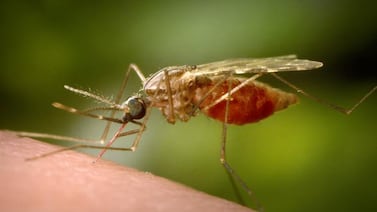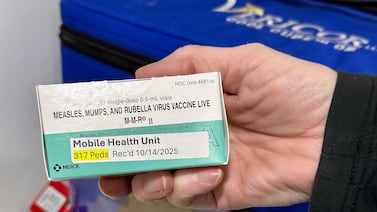Public health, explained: Sign up to receive Healthbeat’s free Atlanta newsletter here.
Healthbeat, a new nonprofit news platform reporting on public health, is launching in Atlanta.
And we want to hear from you.
In the back yard of America’s health department, the Centers for Disease Control and Prevention, Atlanta is arguably a global public health capital. But that doesn’t mean the local public health system is working for everyone.
A shortage of public health workers, high rates of HIV, a maternal health crisis — these are some of the issues we know about. We’ll also be reporting on epidemiology and preparedness for the next outbreak, as well as air and water quality, the public health threat of extreme heat and how hospital closures are affecting the healthcare safety net.
We want to hear from you: What are the Atlanta public health stories that haven’t been told?
How is the public health system working in your neighborhood? What’s going well? What isn’t? What solutions do you see? Whose voice is left out of the conversation?
Please fill out the form below to help us tell the stories that are important to you.






